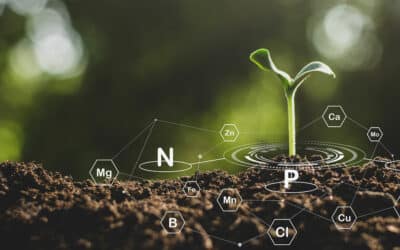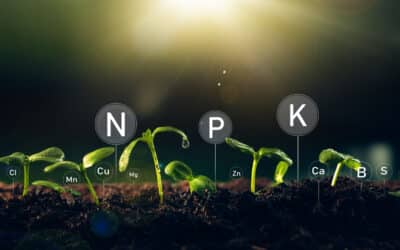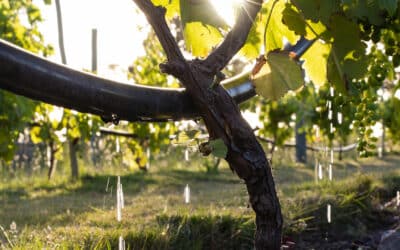No products in the cart yet. Keep shopping.
A close look at the nutrition of Jeffries CulChar
Jeffries latest innovation, Jeffries CulChar, is a complete, certified organic, slow-release fertiliser, including essential trace elements and minerals. The inclusion of Jeffries BioChar works together with the organic carbon of the included compost as a long-term soil conditioner. Jeffries CulChar is a very complete and cost-effective nutritional offer that is safe to use in direct contact with plants and their root systems.
Let’s take a closer look at how Jeffries CulChar works and compare how it performs next to other organic fertiliser alternatives.






